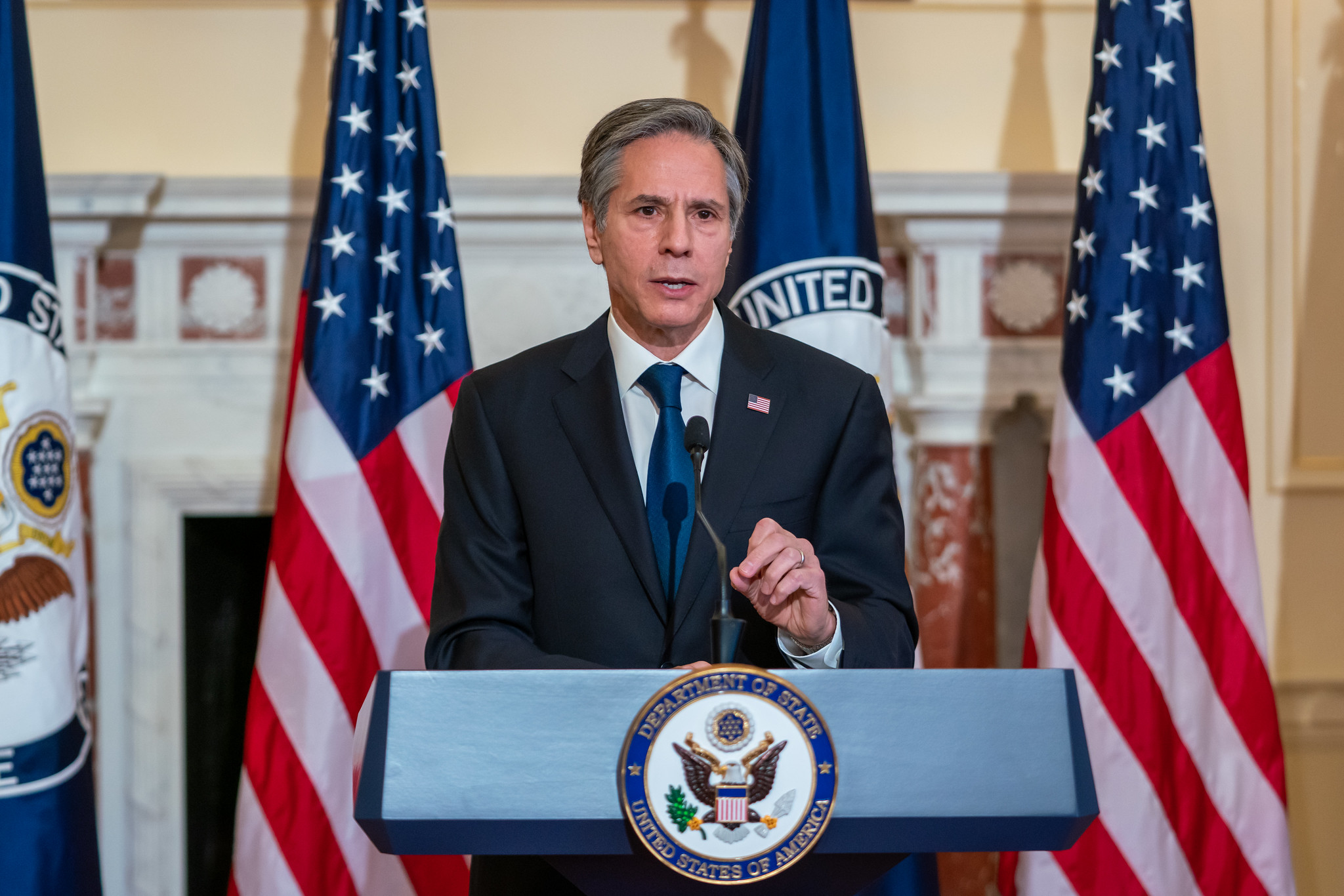The Cyberlaw Podcast: Nobody Trolls Like the Russians
This episode features an interview with Michael Tiffany, the co-founder and president of White Ops and a deep student of how to curtail adtech fraud. Michael explains the adtech business, how fraudsters take advantage of its structure, and what a coalition of law enforcement and tech companies did to wreck one of the most successful fraud networks, known as 3ve.
Published by The Lawfare Institute
in Cooperation With

This episode features an interview with Michael Tiffany, the co-founder and president of White Ops and a deep student of how to curtail adtech fraud. Michael explains the adtech business, how fraudsters take advantage of its structure, and what a coalition of law enforcement and tech companies did to wreck one of the most successful fraud networks, known as 3ve. You can read more about the take down in the joint White Ops and Google report, “The Hunt for 3ve.”
In the news, David Kris covers the Supreme Court argument in the Apple antitrust standing case. At stake: whether Illinois Brick should apply outside a brick-and-mortar context. Our panel guesses that it won’t.
You knew this was coming: Megan Reiss covers U.S. proposals to screen Chinese students for espionage risk before giving them visas. We think it’s a good idea, but really wish there were a way to score every student in China for how compliant they are with government wishes…oh, wait…
Nobody trolls like the Russians troll. David Kris covers a Russian trollsuit claiming that Facebook has unfairly censored Russian speech. Showing that they know their opponents’ weakness, the suit includes broad hints that censoring Russians is … racist. Maury Shenk covers the bookend—Russian government threats to sue Google for not complying with Russian censorship demands. And I suggest that Putin’s Data Protection law will be just that—a law to protect Putin’s data. Speaking of privacy law always protecting the powerful, Michael Tiffany offers several reasons why GDPR has been good for Google and Facebook ad market share and bad for European competitors. It’s the tragedy of EU mercantilism: always aiming at the United States and usually hitting itself in the foot.
Another day, another Iranian hacking/ransomware indictment. What’s different about this one, Megan tells us, is that it includes a Treasury order freezing the bitcoin the Iranians collected. That’s a potentially new and powerful law enforcement tool. With only a little cajoling, David Kris acknowledges that this is one Trump administration initiative that is both novel and a good idea.
Wrapping up, David Kris ponders the surprisingly straightforward Fourth Amendment issues raised when the police have to stop an autonomous-mode Tesla going 70 on the 101 with a passed out “driver.” And Megan and I ponder the difficulty posed for social media by the “yellow-vest” riots in Paris. Which model applies: Arab Spring or Russian interference? You know what the Macron administration will say. Buckle up, Big Tech. To paraphrase Peter Parker’s Uncle Ben, with great power comes utter confusion.
Download the 242nd Episode (mp3).
You can subscribe to The Cyberlaw Podcast using iTunes, Pocket Casts, Google Play, or our RSS feed!
As always, The Cyberlaw Podcast is open to feedback. Be sure to engage with Stewart on social media: @stewartbaker on Twitter and on LinkedIn. Send your questions, comments, and suggestions for topics or interviewees to CyberlawPodcast@steptoe.com. Remember: If your suggested interviewee appears on the show, we will send you a highly coveted Cyberlaw Podcast mug!
The views expressed in this podcast are those of the speakers and do not reflect the opinions of the firm.





